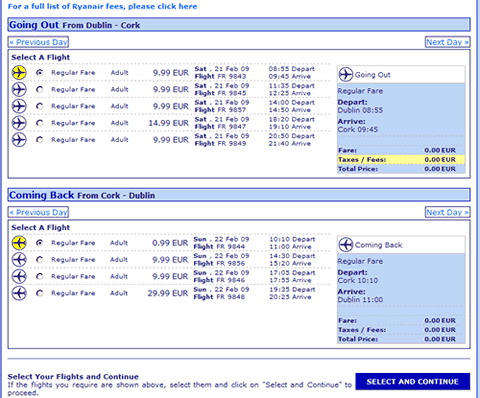WordPress MU is a multi user or multi blog version of WordPress that can be used to run sites like WordPress.com.
This release of WordPress MU has been much delayed but I think it’s been worth the wait. Included in this release are a number of new features and many bugfixes. Get it from the MU download page.
Update! In the final rush to get this post written I neglected to add that this release fixes a vulnerability in the importer system that would allow an untrusted user to run PHP code. Thanks to Alexander Concha for discovering the vulnerability and to Barry Abrahamson who recognised that some servers treat unknown file types as PHP scripts.
One more reason to upgrade.
New features and changes include:
- A revamped plugin system thanks to Andy Peatling. Plugins installed in the plugins directory rather than mu-plugins can be activated and deactivated on all blogs with one click.
- The admin bar was removed. It’ll be stuffed into a plugin instead. Must talk to Viper007Bond about that.
- A new “My Blogs” page where a user’s blogs are listed and personal “per blog” settings can be configured. It’s empty right now but it’s easy to add settings to it via plugins. Imagine having a different “Display Name” on each blog you write on! See SetupMenu and HandleFormPOST in the just removed admin bar for example code. That code uses actions rather than filters but it’ll get you started.
- The site admin can now set a Global Dashboard blog for users who don’t have blogs. Those users will be added to this blog rather than the main blog. The default role of users on that blog can also be set but if they’re not “Subscribers” they won’t be moved if you change the Global Dashboard.
They’re the major changes. Smaller changes include notification of failed blog upgrades [1728], MU will now ignore free space checks when importing posts [1725] and lots more. Check out the timeline for further details.
If you’re running WordPress MU 2.7 you can upgrade from inside the Dashboard. The system will notice that a new version is out and will lead you through the upgrade process, just like in regular WordPress. Plugins can be updated as well through the familiar plugin upgrade process as long as your plugins are hosted on the WordPress.org Plugins Database.
As always this release would not have been possible without the help and encouragement of many people along the way. I know I’ll leave out someone if I try to list everyone but I appreciate all the help people give working through tickets, and helping on the forums.
PS. WP Super Cache was updated today too. New features include an option to stop caching for logged in users, it doesn’t cache previewed posts, and it displays cache size summary information on the admin page now.
PPS. Happy birthday Adam! 2 today and Dad’s finally getting away from the computer now! 🙂






 I like this. David Jones was recently laid off from his day job and decided to write a book about his experiences in the hope that it might help others in the same position. The book is called “Oh No: I’ve Lost My Job What Am I Going To Do?” and was written in just a few days.
I like this. David Jones was recently laid off from his day job and decided to write a book about his experiences in the hope that it might help others in the same position. The book is called “Oh No: I’ve Lost My Job What Am I Going To Do?” and was written in just a few days.